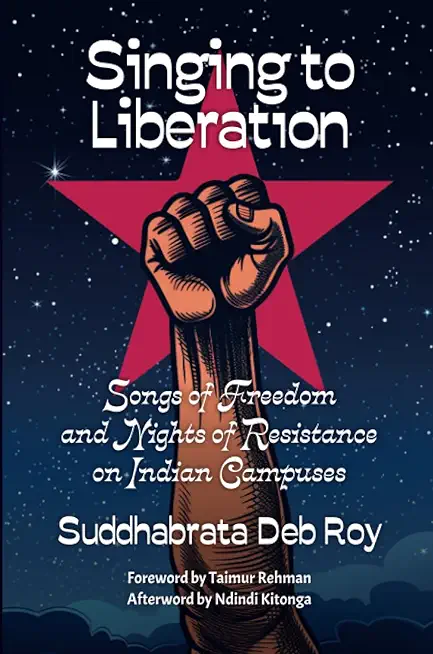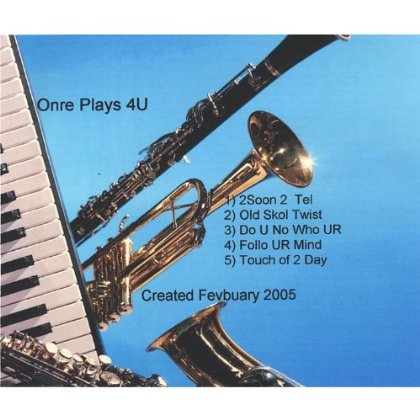
Deb Roy, Suddhabrata
Cultural Resistance in India has a rich and long history - right from the days in which the British ruled over the country. Protest music occupies a central position in the organisational fabric of contemporary Indian progressive and revolutionary politics. Cultural organisations such as Indian People's Theatre Association and JANAM, have been crucial parts of the progressive movement in the country, along with martyrs such as Safdar Hashmi who was killed by the hooligans appointed by the then ruling party in 1989 while attempting to put up a theatrical resistance to the dominant ideological paradigm of the times. Cultural politics has today emerged as an integral dimension of the vibrant student politics that characterise the progressive bloc in the country's political spectrum. With rising attacks on the democratic and progressive nature of these spaces, forms of cultural resistance have become an integra component of the resistance that these spaces have been putting up to the neofascist regime that rules over India. This is the cultural and political junction at which the current work draws its relevance from. Drawing from insights gained from over 25 interviews with cultural activists, the book analyses the deep connections between cultural and other forms of resistance.







